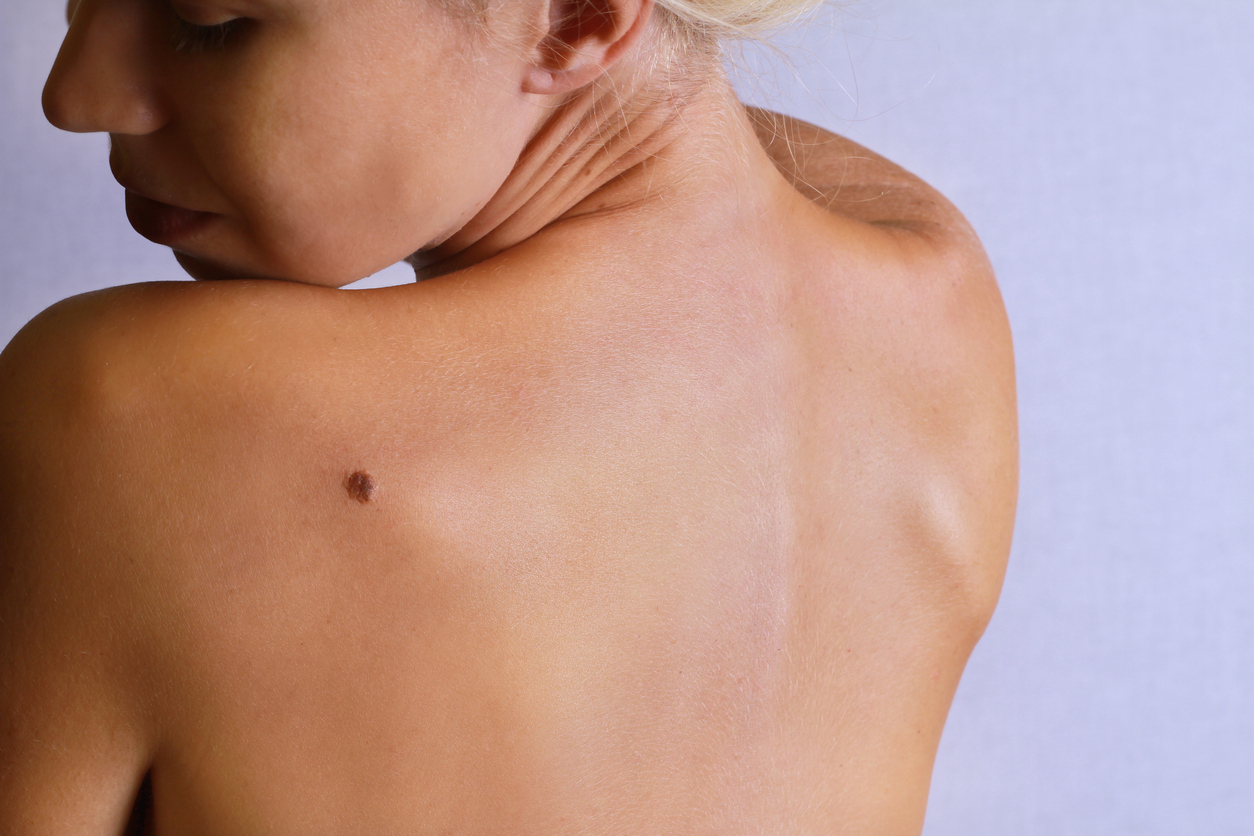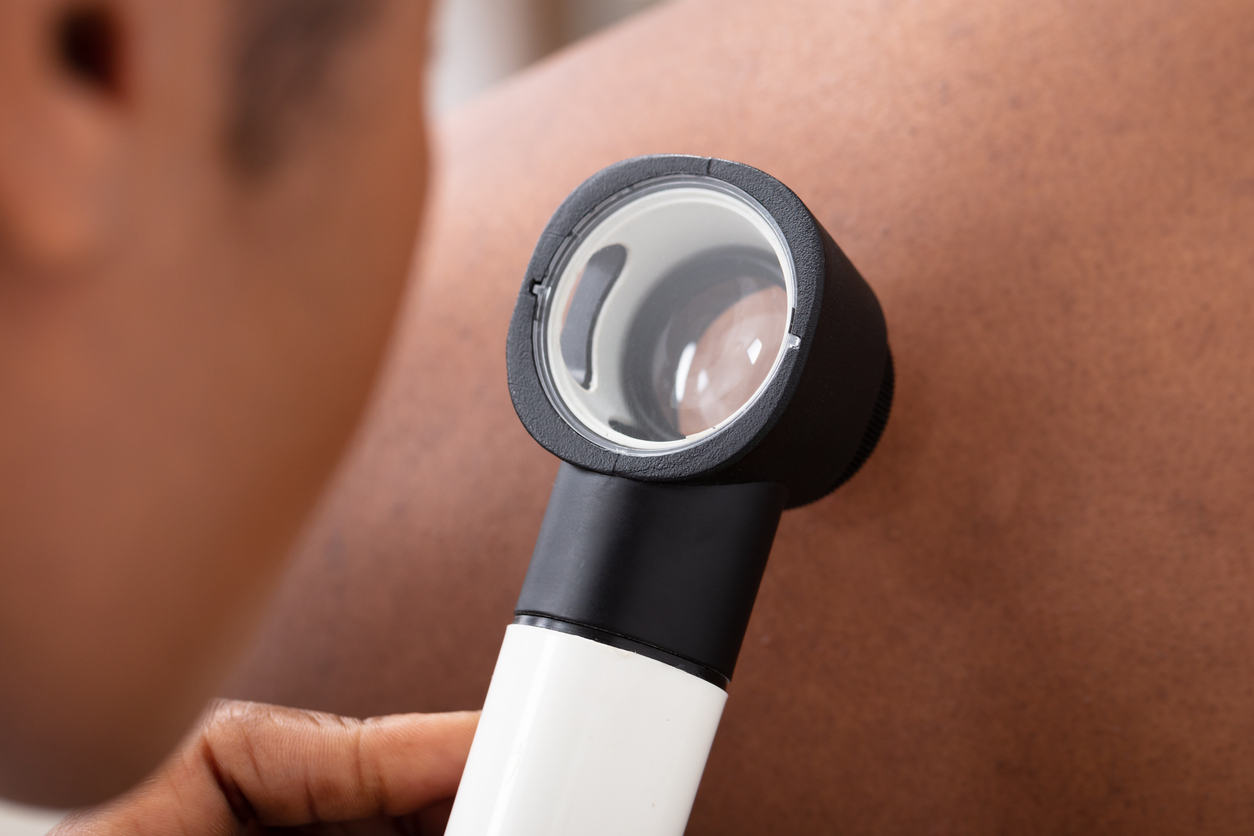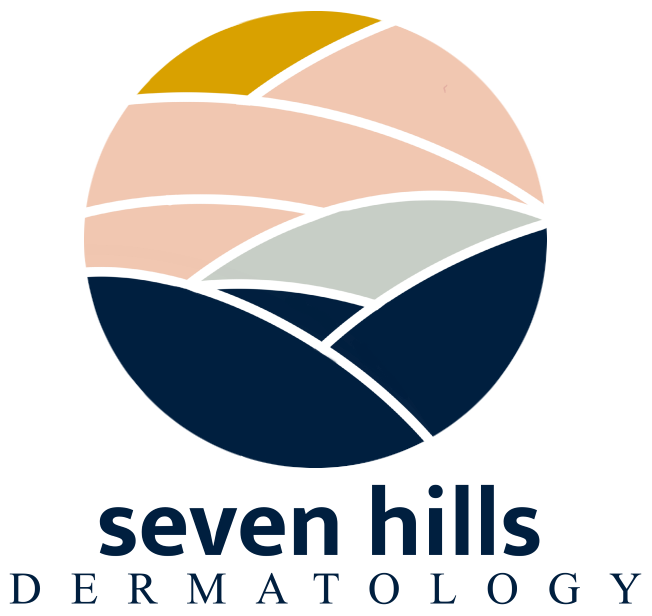Moles, Warts & Cysts
in Lynchburg, VA
Moles, Warts & Cysts
in Lynchburg, VA

Moles
Moles (or nevi), are common! Almost every adult has at least one mole. Moles are growths on the skin that are usually brown or black. Moles can appear anywhere on the skin, alone or in groups. You should not be overly worried about the normal moles you have always had, but it is prudent to be familiar with any moles or other skin lesions so you can keep a mental baseline in case changes occur.
The American Academy of Dermatology offers general guidelines to help you establish a baseline when performing monthly skin-checks. Normal moles have the following traits:
- Brown, but can be black, tan, red, pink, blue, skin-toned or colorless
- Round in shape
- Flat or slightly raised
- Appears the same month to month
As with any skin lesion, if you suspect a change in a mole or an evolving pattern to its growth, please seek medical attention as soon as possible. Early detection saves lives!
Warts
Small, rough and grainy, common warts are caused by the human papillomavirus (HPV) and can be transmitted by skin-to-skin contact. Children and young adults are more likely to have common warts, as are people with weakened immune systems. Common warts usually appear on hands, fingers and sometimes the arms. The symptoms of common warts include:
- Small, rough, grainy bumps on skin
- Flesh-colored, pink, white or tan
- Black pinpoints within the wart (tiny clotted blood vessels)
If warts start to spread or change in appearance it is time to see the dermatologist. At Seven Hills Dermatology, we are pleased to offer many options in treating warts


Treatment of Warts
Most common warts will go away on their own without treatment, but it might take a couple of years and it could spread to new areas nearby. The goal of treatment is to eradicate the wart or stimulate the immune system to fight the virus on its own. Seven Hills Dermatology begins with the least painful and invasive approach to eliminate the wart. Dermatologic treatment options for eliminating warts include:
- Salicylic acid. Prescription strength topical wart medication that removes the wart layer by layer.
- Freezing (cryotherapy). Freezing therapy for wart removal utilizes the application of liquid nitrogen to kill the wart. This method of wart elimination is also a way to stimulate your body’s immune system to fight the virus causing the wart.
- Bichloroacetic or trichloroacetic acid. Other acids can be used if salicylic acid or freezing does not work.
- Laser treatment. Utilizing a pulsed-dye laser, the heat will cauterize tiny blood vessels causing the wart to lose its blood supply and die. This method is not widely used as it can cause scarring.
Cysts
Cysts
Epidermoid cysts are small, noncancerous bumps beneath the skin. Commonly found on the face, neck and trunk, these cysts are painless and slow growing. It is rare that epidermoid cysts need to be treated. However, you should seek medical attention if a cysts:
- Begins rapidly growing
- Becomes painful or ruptures
- Occurs in an area that is irritated continually
- Is a cosmetic concern
At Seven Hills Dermatology, Dr. Bohrnstedt specializes in the treatment of acne. There are many effective acne treatments to choose from, and Dr. Bohrnstedt will partner with you in determining which treatment plan will be the most effective for your skin type and condition. Keep in mind, no treatment (prescribed or over-the-counter) will work overnight. It will take roughly 4-8 weeks of routine care before the results begin to show.
Treatment Options for Epidermoid Cysts
Cysts occurring in the skin rarely need treatment unless it causes discomfort or cosmetic concerns. Options for treating cysts include:
- Injection. Reduces swelling and inflammation
- Incision and drainage. It is possible to drain the cyst through a small cut made by your doctor, however there is probability of recurrence.
- Minor surgery. Your doctor can remove the entire cyst and this method of treatment generally prevents cysts from recurring.

